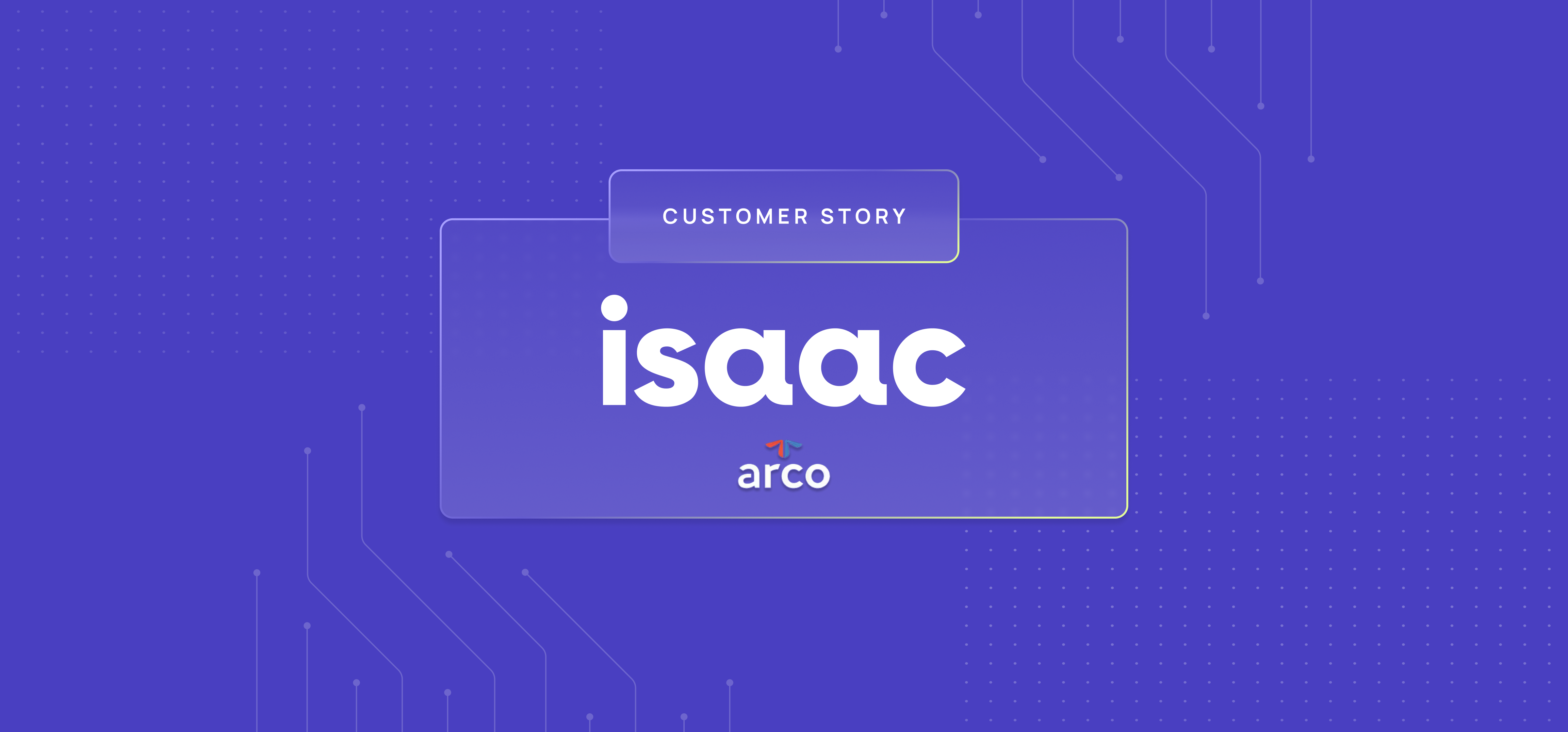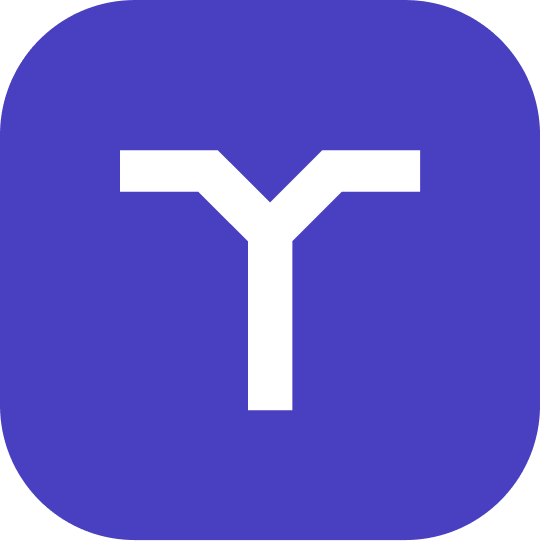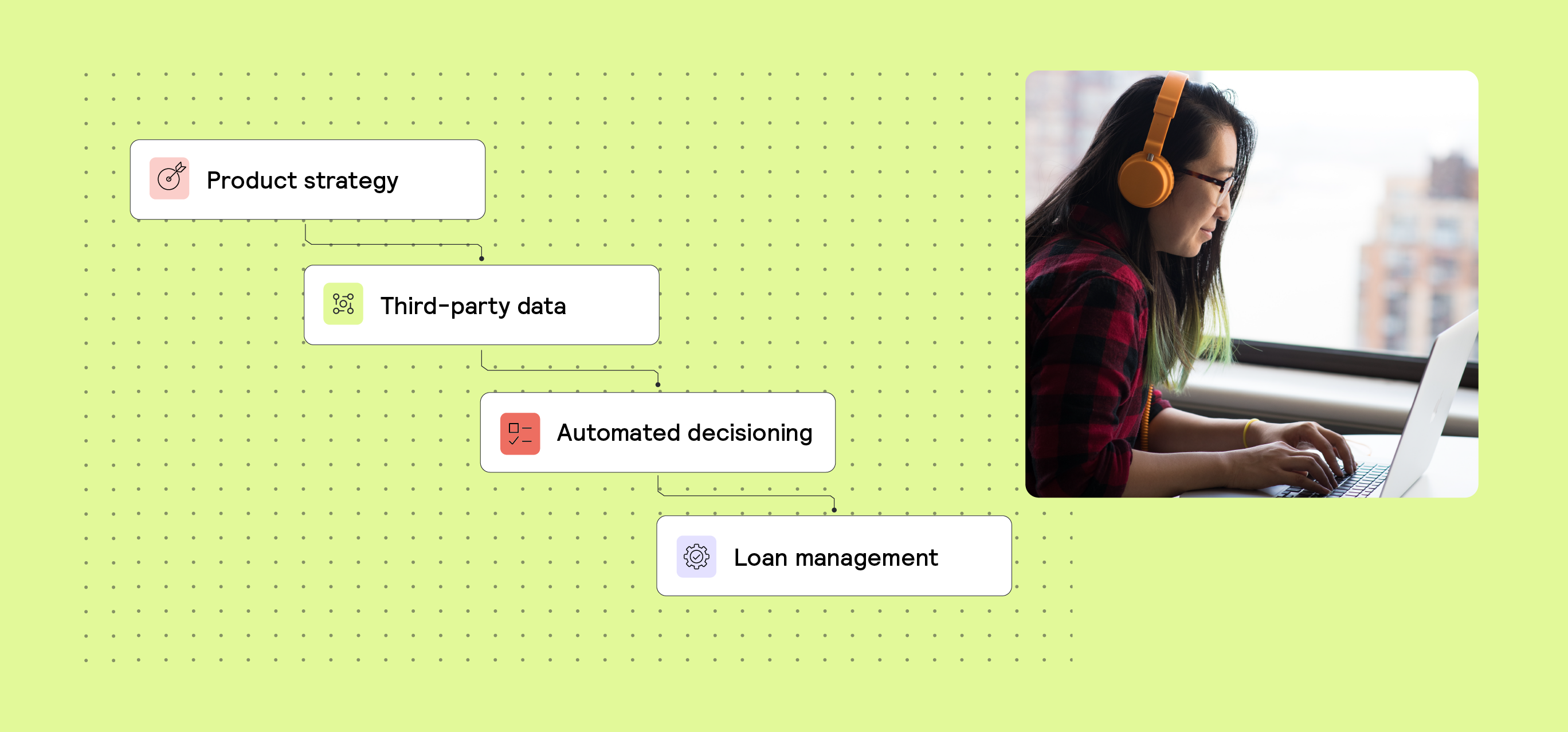Case Study 5 min read
How Isaac’s innovative approach to collections reduced delinquencies by 11%

Key takeaways
Isaac, the leading financial management platform for educational institutions, needed a scalable solution to help expand its collections operations across Brazil. Through Isaac’s organization-wide commitment to strengthening the collections process – and implementing Taktile’s decision platform – the Isaac team:
- Reduced delinquencies by 11% – directly boosting collections revenue and company profitability.
- Accelerated deployment time by >99% for policy updates – now implementing changes to policies in <15 minutes vs. waiting a full week to deploy via an engineering cycle.
- Unlocked high-frequency testing and experimentation – increasing from just 1 test per month for their collections model to now testing dozens of new policy versions concurrently.
Meet Isaac: Providing financial stability for private schools across Brazil
Brazilian private schools face a significant cash flow crisis. Brazilian law prevents schools from un-enrolling non-paying students mid-year, and schools are obligated to keep paying teachers and operating costs. If families stop paying monthly tuition, a portion of expected revenue vanishes – creating a massive financial gap. Isaac solves this problem.
A subsidiary of the Brazilian edtech company Arco, Isaac provides schools with upfront tuition payments, enabling them to maintain a consistent cash flow. Families benefit from greater payment flexibility and access to Isaac’s easy, automated payments system. Since its founding in 2020, Isaac has guaranteed $1.3B in tuition for educational institutions and supported hundreds of thousands of students in schools across the country.
The opportunity: Overcome system limitations to enhance the collections process — and improve recovery rate
As Isaac expanded across Brazil and began to work with larger schools, it became clear its current infrastructure couldn’t keep pace with the company’s increasing scale. Recognizing this inflection point, Isaac proactively sought a solution to overcome key operational obstacles hindering growth, which included:
Constrained capacity for customization and segmentation
A one-size-fits-all policy didn’t scale. Isaac needed to deploy an increasing number of specifications and exceptions for each school, which required the ability to design personalized and segmented collections strategies.
Complex testing and iteration cycles
Isaac’s hard-coded internal rules engine required engineering support to implement tests. As a result, experiments took longer to roll out, which limited the Isaac team to just one test per month.
Limited usability for non-technical team members
Business analysts relied on engineering for every change, causing bottlenecks. They needed to empower non-technical team members with the independence to change policies themselves. This, in turn, would free engineers to focus on core technical challenges, and would foster more strategic collaboration between these teams.
“As our policies became more complex, it became clear that we needed a decision engine. We needed an interface that allowed business users to test, learn, and modify policies easily. We also wanted clear documentation for every decision,” explains João Nogueira, Collections Strategy Manager at Isaac.
With enrollment for the upcoming school year quickly approaching, optimizing their collections model was non-negotiable, and Isaac needed a solution in place – fast.
The innovation: Enabling scale through customization and experimentation
Isaac’s strategic move to implement a scalable decision platform provided the core capabilities they needed to innovate quickly: flexibility and agility.
After evaluating several vendors, Taktile was the clear choice to support Isaac’s large-scale operations.
“No other company we spoke with could help us with what we were trying to achieve and meet the scale we needed,” João shares.
By implementing Taktile, Isaac now has an easy way to set up granular strategies that leverage the data-driven segmentation of their collections model.
“Our segmentation approach combines machine learning models from our data science team, which predict the probability of payment for our clients, with internal engagement data based on clients’ interactions with our platform. Taktile helps us operate in this highly complex environment, which is dependent on real-time data, and helps us make decisions based on this advanced segmentation,” explains João.
The move to Taktile also enabled continuous testing and experimentation, providing business analysts with the right tools to consistently refine their collections model. In just one month, Isaac tested dozens of new policy versions and now runs constant 30-day experiments for outreach messaging and payment conditions.
“Now, we don’t have a platform bottleneck for testing. With Taktile, we can try several distinct policies and collect results immediately. Non-technical team members have the freedom to test new policies in a sandbox environment, then implement changes in a matter of minutes,” João adds.
Isaac transitioned its collections policies from its existing infrastructure to Taktile in under 8 weeks, just in time for the upcoming school enrollment. João explains:
“The support from Taktile has been unlike any other vendor. We truly felt like partners from day one. Their dedication to our team made the transition and go-live painless, and we’ve considered Taktile an extension of our team ever since.”
The outcome: Reduced delinquencies and maximized profitability
Isaac's strategic investment in creating a best-in-class collections operation paid off.
“Every single one of our employees is committed to reducing delinquencies – it’s a huge pillar of our business model. We’re continuously optimizing our decision-making and our collections policies, and Taktile has helped us significantly. We can see that in the delinquency rates lowering year after year.” – João Nogueira, Collections Strategy Manager at Isaac.
Leveraging high-volume testing and experimentation, Isaac runs dozens of continuous experiments across messaging timing and negotiation offers. By empowering non-technical team members to be more agile, Isaac accelerated deployment time by >99% for policy updates. Beyond business analysts, non-technical users across the organization can easily interpret how decisions are made, increasing transparency and collaboration across the company as a whole.
The Isaac team’s data-driven collections strategy cut delinquencies by 11%, boosting long-term profitability and, importantly, advancing their mission. Through continued, sustainable growth, Isaac supports more educational institutions and brings quality education to even more students.






